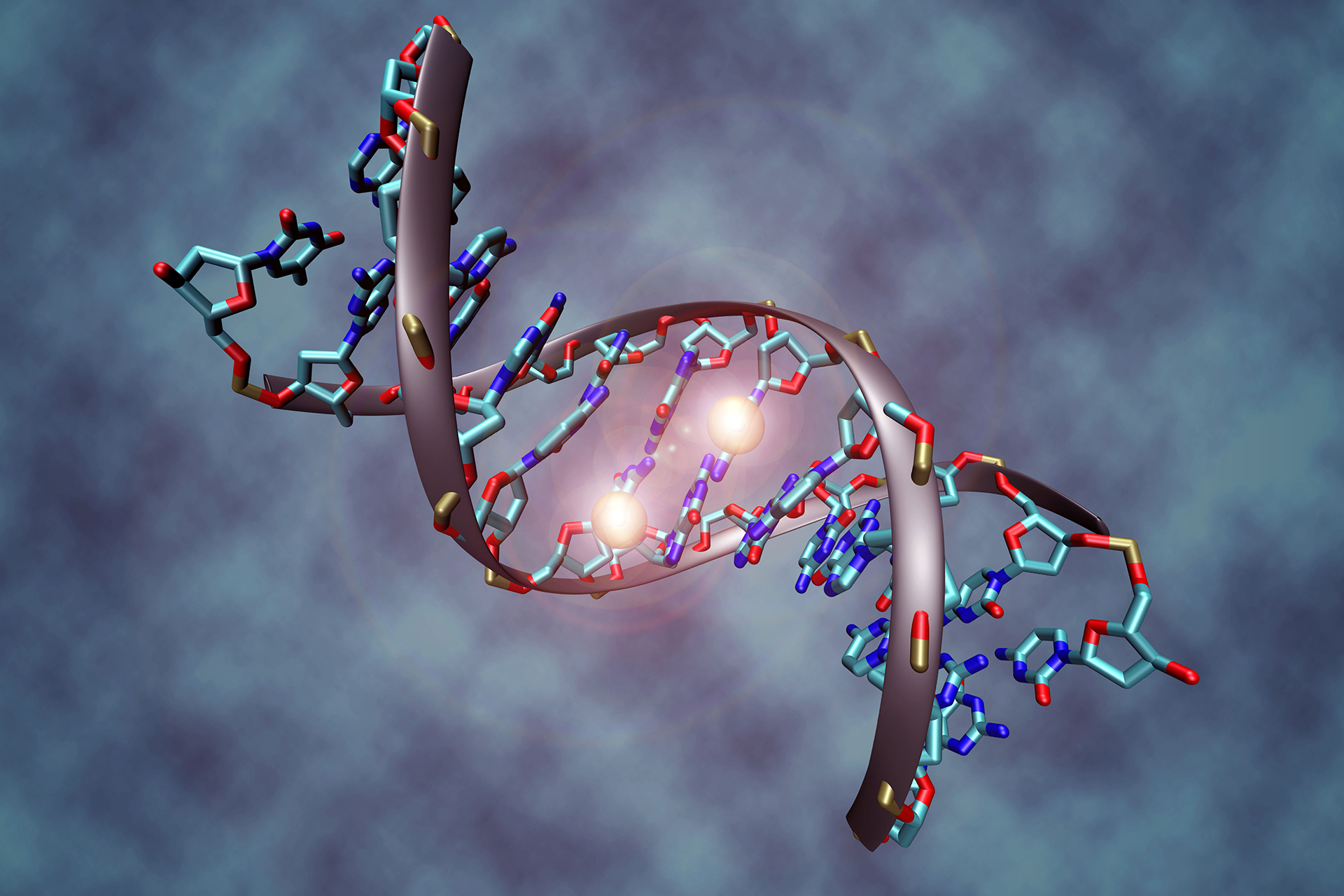A new epigenomic blood test may distinguish between cancerous and benign ovarian tumours with greater accuracy than current tests.
When a patient has an abnormal growth around the ovaries a traditional biopsy is not always possible, making it difficult for doctors to choose the best approach. The test, developed at the University of Southern California, is a 'liquid biopsy' that examines DNA methylation patterns in blood-bourne cell-free DNA to look for signs of high-grade serous ovarian cancer (HGSOC), the most prevalent and most commonly fatal type of ovarian cancer.
'The test has the potential to improve treatment, because the surgical approach to removing a pelvic mass differs depending on whether it's benign or not,' said Dr Bodour Salhia, co-author of the research published in Clinical Cancer Research. 'Right now, doctors essentially have to take their best guess.'
The researchers developed the test by comparing over 370 blood and tissue samples from patents who had early-stage HGSOC, as well as those with benign tumours or healthy ovaries. These samples were compared, to identify regions of the genome where methylation differed between the two groups, and identify patterns associated with HGSOC.
They then developed a test to look for these specific epigenomic changes. This test provided positive results that were 95 percent accurate, and negative results were 88 percent accurate; better than other tests currently on the market.
Dr Brian Slomovitz, director of gynecologic oncology at Mount Sinai Medical Centre in Miami, Florida, who was not involved with the research, told Fox News: 'In this group of women, investigators were able to identify those malignant tumors with a relatively high sensitivity and specificity… in a real-world [scenario], it can determine if an oncologic surgeon should be doing the surgery.'
The researchers plan further research to see if their test can be used to screen for ovarian cancer in people who do not have symptoms. Ovarian cancer seldom has symptoms in its early stages, meaning it is difficult to detect when it is at its most treatable.
'Early detection saves lives,' said Dr Salhia. 'If we can accurately identify early-stage ovarian cancer, we can change the outcome of the disease and really crank up survival rates.'
Sources and References
-
OvaPrint™ – a cell-free DNA methylation liquid biopsy for the risk assessment of high-grade serous ovarian cancer
-
USC researchers develop blood test for early-stage ovarian cancer
-
Experimental blood test for ovarian cancer appears 91% accurate
-
Ovarian cancer could be detected early with a new blood test, study finds
-
Early-stage ovarian cancer blood test developed by USC





Leave a Reply
You must be logged in to post a comment.